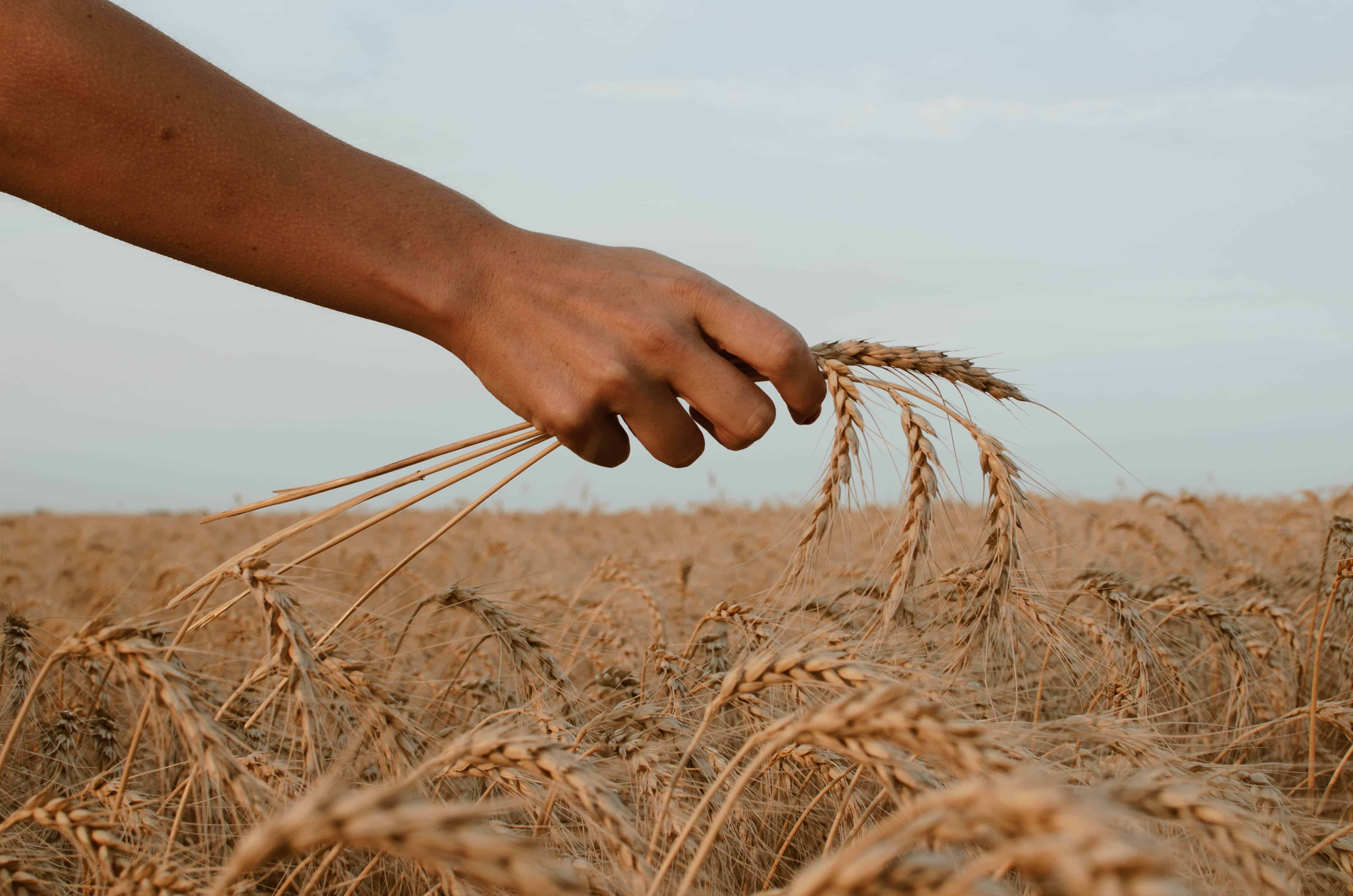Key Takeaways
- International scientists have sequenced and analyzed the genomes of wild and domesticated einkorn, the world's first domesticated wheat species.
- Led by Dr. Raju Datla of the Global Institute for Food Security at the University of Saskatchewan, the research aims to improve global and Canadian wheat cultivation.
- The findings were published in the scientific journal Nature in early August.
Groundbreaking Research on Einkorn
More than two dozen scientists worldwide have contributed to a groundbreaking project that sequenced the genomes of wild and domesticated einkorn wheat. Dr. Raju Datla, program lead for resilient agriculture at the Global Institute for Food Security at the University of Saskatchewan, played a pivotal role in the initiative, providing molecular genetics and genomics expertise.
Significance of the Study
The study fills a gap in the understanding of wheat genomics. “Though significant advances have been made in wheat species genomics, the species Triticum monococum (einkorn), representing the earliest domesticated wheat, was not defined yet,” said Dr. Datla. The research is expected to open new avenues for improving wheat globally and in Canada.
Insights into Modern Wheat
Einkorn is a distant relative of modern bread wheat (Triticum aestivum). The study revealed that about 1% of modern bread wheat originates from einkorn. “The insights gained from genome sequencing wild and domesticated accessions allow us to reconstruct the origin and evolution of einkorn,” added Dr. Datla.
Applications in Wheat Breeding
The research builds upon previous work in wheat genetics, including a 2020 study by Dr. Curtis Pozniak at the University of Saskatchewan that sequenced the genomes of 15 different wheat varieties. These findings contribute to the efficiency of wheat-breeding programs, enabling quicker identification of valuable genes and traits for enhancing crop production and resilience.
“Einkorn, the diploid wheat species, represents significant diversity and a genetic reservoir for several useful traits for climate resiliency, disease resistance, and nutritional quality,” said Dr. Datla.
Collaborative Effort
The international team involved in the project includes researchers from the King Abdullah University of Science and Technology, the UK Biotechnology and Biological Sciences Research Council, the Consejo Nacional de Ciencia y Tecnología, the European Research Council, and the United States Department of Agriculture National Institute of Food and Agriculture.
Photo by Paz Arando on Unsplash


